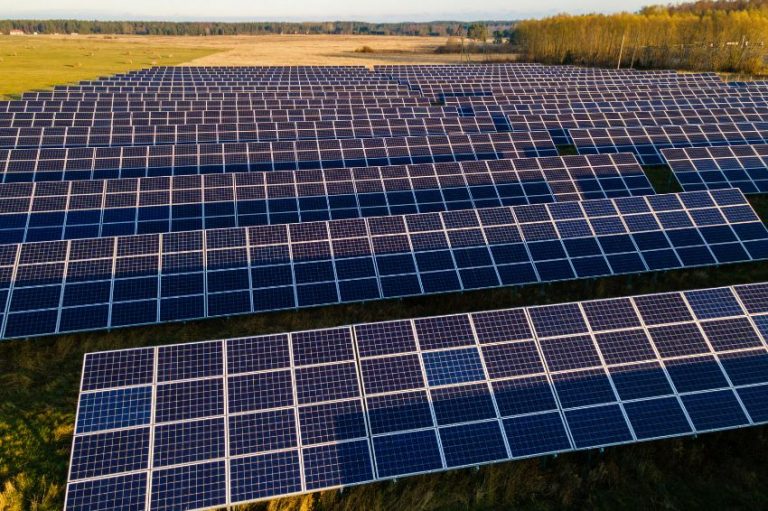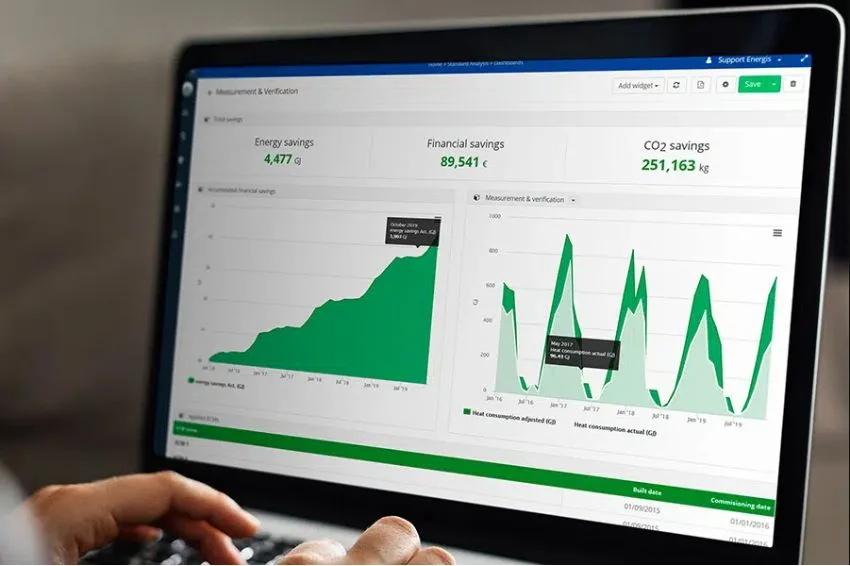In collaboration with Marcelo Tanos
With the publication of Complementary Law No. 186/2021, on October 28 last year, the Complementary Law No. 160/2017 with the aim of authorizing states to extend the term of benefits and tax incentives linked to ICMS (Tax on Operations Relating to the Circulation of Goods), to December 31, 2032.
The extension is extremely relevant for several activities whose tax incentives should end before 2032, such as commercial activities, which would have incentives in force until December 2022.
Understand the case
With the aim of resolving the tax war and the corresponding mitigation of its effects, the Federal Government issued Complementary Law No. 160/2017 authorizing the reinstitution of tax benefits established in non-compliance with the Federal Constitution, as well as granting the authority to issue it specific agreement with the purpose of addressing the matter in more detail.
In this context, the ICMS Agreement No. 190/2017, providing the procedures necessary for the refund of tax benefits granted without authorization from CONFAZ (National Council for Financial Policy).
Repeating the normative command provided by Complementary Law No. 160/2017, ICMS Agreement No. 190/2017 assigned final deadlines for the enjoyment of tax benefits relating to the tax in question, granted or extended, varying according to the destination of the tax incentive, which is It originally gave the following meaning:
“Clause ten – The federated units that published the acts and that met the requirements set out in the second clause are authorized to grant or extend tax benefits, in accordance with the acts in force on the date of publication of the national ratification of this agreement, as long as the corresponding period of enjoyment does not exceed:
I. December 31, 2032, regarding those intended to promote agricultural and industrial activities, including agro-industrial, and investment in road, waterway, railway, port, airport and urban transport infrastructure;
II. December 31, 2025, regarding those intended for the maintenance or increase of port and airport activities linked to international trade, including the operation subsequent to the import, carried out by the importing taxpayer;
III. December 31, 2022, regarding those intended for the maintenance or increase of commercial activities, as long as the beneficiary is the actual sender of the merchandise;
IV. December 31, 2020, regarding those intended for interstate operations and services with fresh agricultural and plant extractive products;
See December 31, 2018, regarding the others.” (emphasis added)
Even though it is relevant for national supply, the final deadline for fruition remains in December 2022, while for the industry segment it will be in December 2032.
The Federal Senate approved, in October 2021, Complementary Bill No. 05/2021 to allow the extension, for up to 15 years, of tax benefits linked to ICMS intended for:
(i) the maintenance or increase of commercial activities – as long as the beneficiary is the actual sender of the merchandise;
(ii) interstate services with fresh agricultural and plant extractive products; It is
(iii) the maintenance or increase of port and airport activities linked to international trade, including the operation subsequent to the import, carried out by the importing taxpayer.
The matter was forwarded for presidential sanction, culminating in the publication of Complementary Law No. 186/2021. Let's see:
“Art. 3º The agreement referred to in art. 1 of this Complementary Law will meet, at least, the following conditions, to be observed by the federated units:
2º The federated unit that published the concessional act relating to the exemptions, incentives and tax or financial-fiscal benefits linked to the ICMS referred to in art. 1st of this Complementary Law whose publication, registration and deposit requirements, under the terms of this article, have been met, is authorized to grant and extend them, under the terms of the act in force on the date of publication of the respective agreement, and its term cannot be fruition exceed:
I – December 31st of the fifteenth year following the production of effects of the respective agreement, regarding those intended to promote agricultural and industrial activities, including agro-industrial, and investment in road, waterway, railway, port, airport and urban transport infrastructure , as well as those destined for temples of any cult and to charitable social assistance entities;
II – December 31st of the fifteenth year following the production of effects of the respective agreement, regarding those intended for the maintenance or increase of port and airport activities linked to international trade, including the operation subsequent to the import, carried out by the importing taxpayer;
III – December 31st of the fifteenth year following the production of effects of the respective agreement, regarding those intended for the maintenance or increase of commercial activities, provided that the beneficiary is the actual sender of the merchandise;
IV – December 31st of the fifteenth year following the production of effects of the respective agreement, regarding those intended for interstate operations and services with agricultural products and fresh plant extractives;
V – December 31st of the first year after the respective agreement takes effect, as for others.” (emphasis added)
Additionally, there should be a reduction in 20% per year, from January 1, 2029, of the right to enjoy exemptions, incentives and tax benefits linked to ICMS, as well as a period of 180 days for adapting the Agreement. ICMS nº 190/2017, counting from the date of publication of Complementary Law nº 186/2021.
Noting that the deadline for the aforementioned adjustment will be April 26, 2022, it appears that, to date, ICMS Agreement No. 190/2017 has not been adapted to the terms of Complementary Law No. 186/2021. However, if the adjustment is not carried out, the changes promoted by Complementary Law No. 186/2021 will be automatically incorporated into the aforementioned agreement.
Exemption from ICMS on Energy from Micro and Mini Generator Units
Let us take as an example the State of Minas Gerais, which, based on the premise conferred by Complementary Law No. 160/2017 and ICMS Agreement No. 190/2017, published State Law No. 22,549, which was subject to registration and deposit with the Executive Secretariat of CONFAZ, under the terms of items I and II of Clause Two of ICMS Agreement No. 190/2017, with the corresponding supporting documentation, thus understanding the act itself and its possible changes.
Guaranteed the applicability and effectiveness of the State Law No. 22,549/2017, it is noted that the State of Minas Gerais, extrapolating the rule of CONFAZ Agreement nº 16/2015, granted exemption to consumers with micro or mini distributed generation of photovoltaic solar energy falling within the four modalities currently provided for in ANEEL Normative Resolution nº 482/2012:
(i) generation close to the load;
(ii) remote self-consumption;
(iii) enterprise with multiple consumer units; It is
(iv) shared generation, with installed power less than or equal to 5 MW.
As the tax incentive was classified as intended for the maintenance or increase of commercial activities, in the exact terms of the original wording of item III of Clause Ten of ICMS Agreement No. 190/2017, the final deadline for enjoying the benefit would be in December 2022.
Having made these considerations, the possibility of extending, to December 31, 2032, the period for enjoying the benefits and tax incentives linked to ICMS proves to be essential for the distributed generation activity and will definitely contribute to maintaining the expansion of the corresponding modality generation in the country.

















